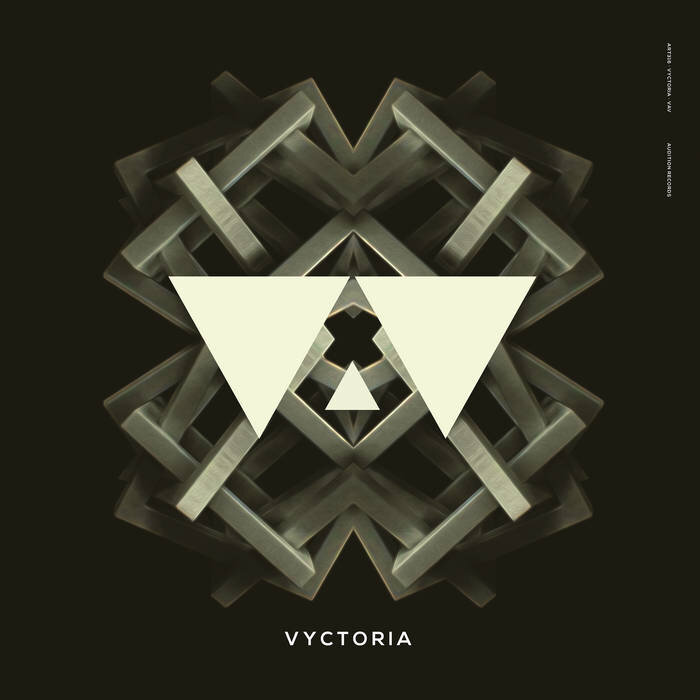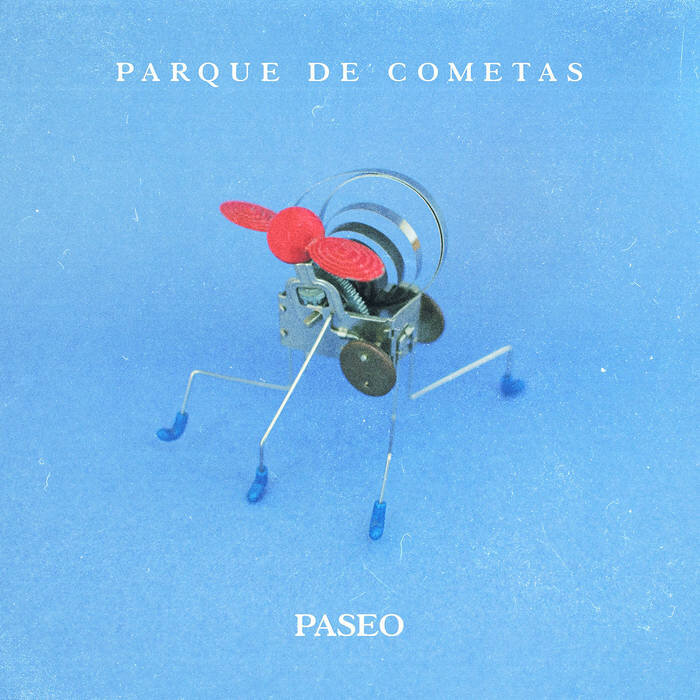Constantino Ernesto
Uróboro
SCORE: 7 out of 10
The debut by Constantino Ernesto is full of memorable moments, but short on standout songs. While it doesn’t seem to be rich in fresh ideas, Uróboro still manages to capture and engage due to its dual nature.
Constantino Ernesto is a one-person project that came to be after the demise of NDSCPLN, a Tijuana-based band that played an eclectic strain of rock in the same vein as Faith No More but without the heavier moments. Led by multi-instrumentalist Kimbalish Heroel, the project is self-described as “alternative rock with hints of prog and experimental”, which may lead us to believe that Heroel and his band play upon a vast range of styles, taking influence from a long list of obscure prog bands, but the reality is that all of the songs in this debut album have one sound and one sound only: a mix of Spinetta’s most angular moments and a less hip The Dead Science. Constantino Ernesto feels stuck in a weird limbo where the music is good, though it doesn’t seem to be rich in fresh ideas, but it also isn’t a boomer fest as it could have easily been.
The dynamic is the same throughout the album: All of the tracks have odd time signatures, atonal and complex chord progressions, and a vocal delivery that tries to squeeze a lot of words into tiny spaces; it even sounds as if all the instruments were on the same settings for every single song. However (and this is a BIG however), Uróboro still manages to capture and engage due to its dual nature. It is raw and unpolished, but it is not sloppy; it is angular, but not overly technical; it is not experimental, but it can be challenging at times, especially when it comes to its harmonic and melodic components.
The album has a lot of memorable moments (specially on the rhythm section), but only a few standout songs: “En la Contradicción” is the busiest track, and it shows that, even at their most technical, the band is capable of not sounding stiff or too preoccupied with virtuosity. “Sobre Disfrutar” could be another highlight, but by then, the vocals have already tired us with their intervalic -yet monotone- delivery, and the issue is that they take too much space, which makes it hard to ignore them and only focus on the music. There are attempts at sonic landscapes that don’t sound fully developed, but that seems to be an issue of a lack of resources rather than a lack of creativity, although the “experimental” noodling at the end will hardly impress —I think, by now, we all have heard the reverse audio effect more than enough.
It’s easy to imagine the band saying things like “Let’s do an allegro transition into myxolodian and finish with a decrescendo in 7/8” only for someone to reply “We have already done that! What are we? A mediocre repetitive pop act?”, but even so, there’s a sense of humility that keeps Constatino Ernesto from feeling like your average snobby prog band. Also, as Heroel himself states in an interview, he is aware of the album’s weaknesses, especially wen it comes to its production. This speaks volumes of him as a person and artist, and already separates him from the myriad of less interesting projects that think they’re changing the course of music. Yes, Uróboro has areas that can be improved -perhaps taking hints from This Heat could help him be looser and more adventurous- but in all honesty, even if he decides to keep the same sound, it wouldn’t be that bad.




